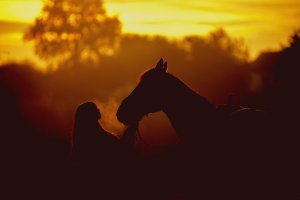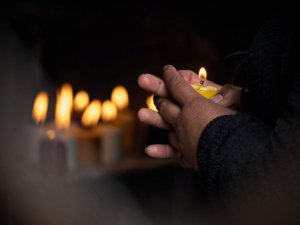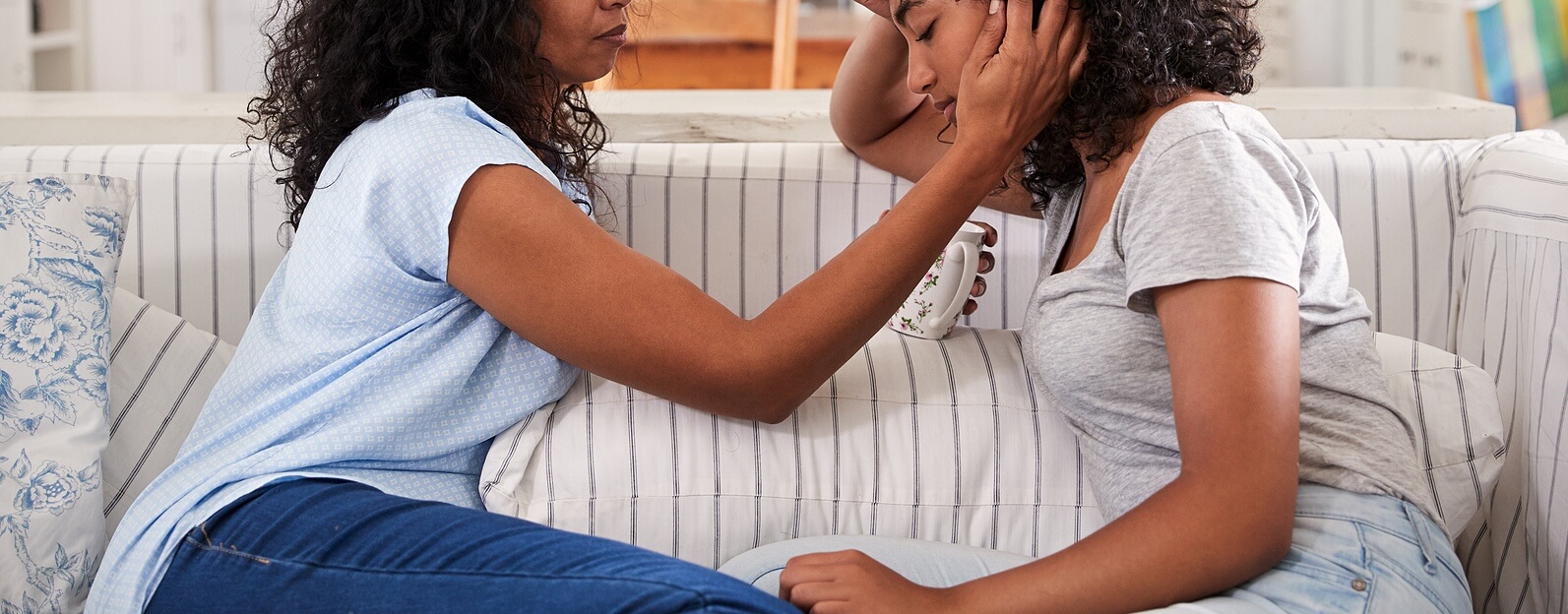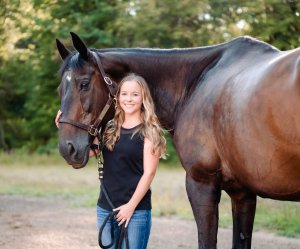First and foremost, if you’ve lost a horse and you’ve found this blog, I am so sorry for your loss.

When this bond is severed due to the loss of the horse, the emotional toll can be overwhelming. As a therapist specializing in working with equestrians, I understand the unique challenges and depth of grief that accompany such a loss. In this blog, I aim to offer guidance, strategies, and tips to help riders navigate this difficult journey of healing.
Why Is Losing A Horse So Hard?
It is crucial to recognize that grief is a natural response to loss, including the loss of a horse. Equestrians may experience a wide range of emotions such as sadness, anger, guilt, and even numbness. These emotions are valid and should be acknowledged without judgment. Each person grieves differently, and there is no right or wrong way to feel or express grief. Also, know that the way you’re coping with this loss might be different from previous experiences of loss.
The Bond Between Horse And Rider
The relationship between a rider and their horse is often deeply meaningful. It’s essential to honor and cherish the memories shared with your horse. Reflecting on these memories can bring comfort and provide a sense of connection with your horse even after they are gone. Creating a memorial or tribute, such as a photo album or a piece of art, can be a therapeutic way to celebrate the horse’s life and legacy. There are also artists who offer creations made from your horse’s tail as a keepsake.
Seeking Support For Equestrian Trauma And Grief
During this challenging time, it is crucial for equestrians to lean on their support system. This may include family, friends, fellow riders, or other members of the equestrian community who understand the unique bond between a rider and their horse. Talking about your feelings and sharing memories can be cathartic and reassuring. Additionally, seeking support from a therapist who specializes in grief counseling, especially equestrian or animal grief counseling, can provide a safe space to process emotions and navigate the grieving process.
Rituals To Commemorate Your Horse

Self-Care for Equestrians
During times of grief, it is easy to neglect self-care. However, taking care of oneself is essential for emotional well-being. This includes getting enough rest, eating nourishing foods, and engaging in gentle exercise such as walking or yoga. Engaging in activities that bring joy and relaxation, whether it’s reading, crafting, or spending time in nature, can also help alleviate stress and promote healing.
Connecting With Other Horses
As equestrians, we know that horses are not just pets or companions but a fundamental part of their lifestyle and identity. While it may be challenging initially, some riders find solace in connecting with other horses. Whether it’s volunteering at a rescue, taking lessons, or spending time with a friend’s horse, being around horses can provide comfort and a sense of continuity.
How Long Does It Take To Grieve A Horse?
Healing from the loss of a horse is a gradual process that unfolds differently for each person. It’s important to be patient with yourself and allow time for healing. Grief doesn’t have a timeline, and it’s okay to experience waves of sadness or longing even after some time has passed. It’s also normal to avoid the barn after the passing of your horse. Just remember, healing doesn’t happen in isolation. It’s important to find the balance between solace and connecting with others who understand you. Embracing your grief with compassion and self-acceptance is key to eventually finding peace.
Seeking Professional Help For Equestrian Trauma and Grief in NJ

Meet With an Equestrian Therapist in Branchburg, NJ
Losing a horse is a profound loss that can deeply impact equestrians emotionally, mentally, and spiritually. As a therapist specializing in working with equestrians, I encourage riders to honor their feelings, seek support from loved ones and the equestrian community, engage in self-care practices, and allow themselves the time and space to heal. Each rider’s journey through grief is unique, but with compassion, support, and resilience, it is possible to find solace and eventually cherish the memories of the beloved horse while continuing to embrace the equestrian lifestyle with renewed strength and appreciation.
Lisa Also Helps Equestrians With Anxiety In NJ
If you’re one of the many who feel anxious about riding, don’t compare yourself to everyone else. We are riding 1200lb animals of prey. We have the right to be a little nervous when tacking up. A certain level of anxiety is normal and to be expected. Again, we are riding on the backs of animals who are a lot bigger than us and have a mind of their own.
When we have a better understanding of how anxiety works, we can best manage it. Anxiety keeps us safe, but we can also keep it in check. You may feel your heart beating out of your chest, shortness of breath, sweating, or shaking. These are all common indicators of anxiety. Remember that your horse can sense these nervous feelings, so it’s important to manage them. Sometimes that includes the help of a professional who understands what it’s like to be an equestrian. There is no shame in asking for help, especially if it’s to benefit your horse.
Start Equestrian Therapy in New Jersey Today With Lisa
We understand with busy schedules speaking on the phone may be difficult.
Our team of caring therapists is here to support you in navigating the many emotions that can arise after the loss of a horse. Brave Minds Psychological Services is proud to offer support in Scotch Plains, Branchburg, and across the state. To schedule an appointment with Lisa via email, please complete our Comprehensive Client Inquiry Form or give us a call at 908-224-7727.
Other Services Offered by Brave Minds Psychological Services
Therapy for equestrians isn’t the only service offered by our practice. Our team understands that you may experience concerns with more than one mental health concern. This is why we are happy to offer a variety of services in support of your overall well-being. We provide couples counseling, postpartum counseling, food allergies, and birth trauma therapy. In addition, we also offer therapy for EMDR, trauma and anxiety. Our caring counselors provide mental health services for adults, teens, and children. We offer treatment for teen anxiety, social phobia in teens, child sexual abuse, child anxiety, and more. Prefer building a support network with group therapy? Our therapists also offer several options for group therapy. Our services are offered in person at our Scotch Plains, NJ office and through online therapy in New Jersey.
Lisa’s Podcasts:
Lisa’s Blogs:



